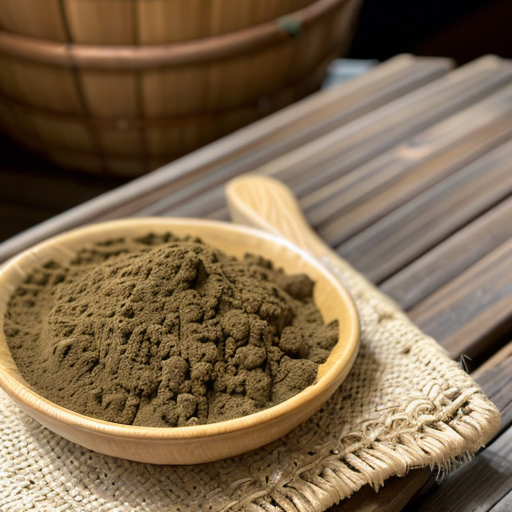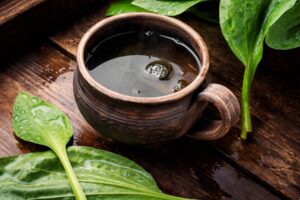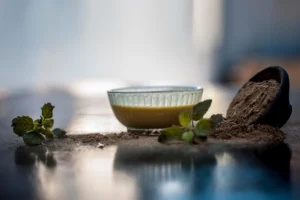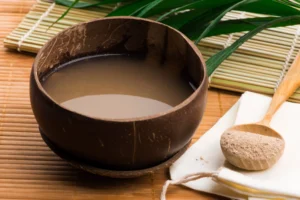In recent years, kava, the traditional drink derived from the roots of the Piper methysticum plant, has faced unwarranted criticism and misconceptions that have cast a shadow of doubt over its safety and cultural significance. Despite its long history of safe use in Pacific Island communities, misinformation and exaggerated claims have led to an unjust attack on kava. This article aims to delve deeper into the baseless nature of these claims and shed light on the reasons behind the misconceptions.
Misconception: Liver Damage – Debunked by Scientific Research
One of the most prominent misconceptions surrounding kava is its alleged association with liver damage. It is essential to recognize that several isolated cases that reported liver issues were primarily attributed to the misuse of poor-quality kava or co-consumption with alcohol or hepatotoxic medications. Regrettably, these isolated cases have been inaccurately generalized to the entire kava-drinking community. However, extensive scientific research has debunked these claims, with numerous studies affirming the safety of traditional kava consumption when sourced from reputable suppliers and used responsibly.

Kava powder can be added to coffee, smoothie, etc
These studies have emphasized the importance of distinguishing between the misuse of kava and responsible consumption practices.
Cultural Stigma and Biases – Challenging Prejudice
The attack on kava can be partly attributed to cultural stigma and biases. Kava holds deep-rooted significance in the traditions and customs of Pacific Island cultures, where it plays a pivotal role in social gatherings and ceremonies. However, cultural differences and misunderstandings have led to prejudice and misconceptions surrounding its consumption. These biases have fueled unfounded concerns about its safety, overlooking the centuries of traditional and responsible use without adverse effects.
Economic Interests and Competition – A Threat to Established Markets
The global market for relaxation and stress-relief products has become highly competitive. As a natural alternative with proven relaxing properties, kava poses a potential threat to the sales of pharmaceuticals, supplements, and other stress-relief products. This economic factor may have influenced the unjust attack on kava, as certain industries may attempt to undermine its reputation to safeguard their market share. It is crucial to recognize the need for fair competition and unbiased evaluations of kava’s benefits, allowing consumers to make informed choices based on accurate information.
Lack of Understanding and Regulatory Challenges – Ensuring Quality Control
Another reason behind the unjust attack on kava is the lack of understanding and regulatory challenges surrounding its production and distribution. The complex composition of kava, with its active ingredients called kavalactones, necessitates proper sourcing, processing, and quality control measures. Unfortunately, inconsistent regulations and standards across different regions have made it challenging to ensure the availability of high-quality kava products, leading to concerns about safety. Addressing these regulatory challenges and promoting responsible sourcing and quality control practices can enhance the overall safety and reputation of kava.
Importance of Responsible Consumption – Emphasizing Moderation and Mindfulness
It is crucial to emphasize the significance of responsible consumption when it comes to kava or any substance. Like many other botanicals and beverages, moderation and mindfulness are key to ensuring a safe and enjoyable experience. When sourced from reputable suppliers and consumed responsibly, kava has been proven to be a safe and culturally significant beverage with relaxation-inducing properties. Educating consumers about responsible consumption practices and fostering dialogue based on accurate information can help dispel the baseless claims surrounding kava.




